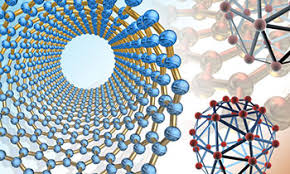Mechanical and Materials Engineering, Department of

Department of Mechanical and Materials Engineering: Faculty Publications
Document Type
Article
Date of this Version
2019
Citation
Published in final edited form as: Trends Biotechnol. 2019 November ; 37(11): 1175–1188. doi:10.1016/j.tibtech.2019.04.001
PMC9245325
Abstract
Transdermal drug delivery systems have been successful for decades. Now these devices can be further scaled down, and their applications have been extended to wide selections of cargo, ranging from natural molecules (e.g., insulin and glucose) to bioengineered molecules (e.g., nanoparticles and vaccines). Some emerging nanopatches show promise for precise single-cell gene transfection in vivo and have advantages over conventional tools in terms of delivery efficiency, safety, and controllability of delivered dose. In this review, we discuss recent technical advances in wearable micro/nano devices with unique capabilities or potential for single-cell biosensing and transfection in the skin or other organs, and we suggest future directions for these fields.
Included in
Mechanics of Materials Commons, Nanoscience and Nanotechnology Commons, Other Engineering Science and Materials Commons, Other Mechanical Engineering Commons


Comments
HHS Public Access Author manuscript Trends Biotechnol. Author manuscript; available in PMC 2022 June 30.